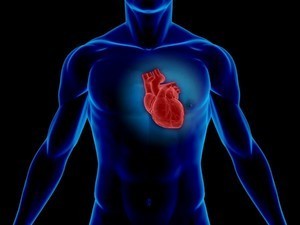Coenzyme Q10 (CoQ10) cuts mortality by half in patients with heart failure, researchers from Denmark reported at the annual meeting of the Heart Failure Association of the European Society of Cardiology, which took place in Lisbon, Portugal this year.
Professor Svend Aage Mortensen and team explained that Coq10 is the first medication to improve heart failure mortality in over ten years and should be included in standard treatment. CoQ10 is an essential enzyme that occurs naturally in the body. It works as an electron carrier in the mitochondria, the energy-producing powerhouse of cells, to produce energy. CoQ10 is also a potent antioxidant.



 Your new post is loading...
Your new post is loading...








Ubiquinol is the bioavailable form of CoQ10 and a more effective supplement choice. Statin users often find their muscle pain is gone after supplementing with this enzyme.